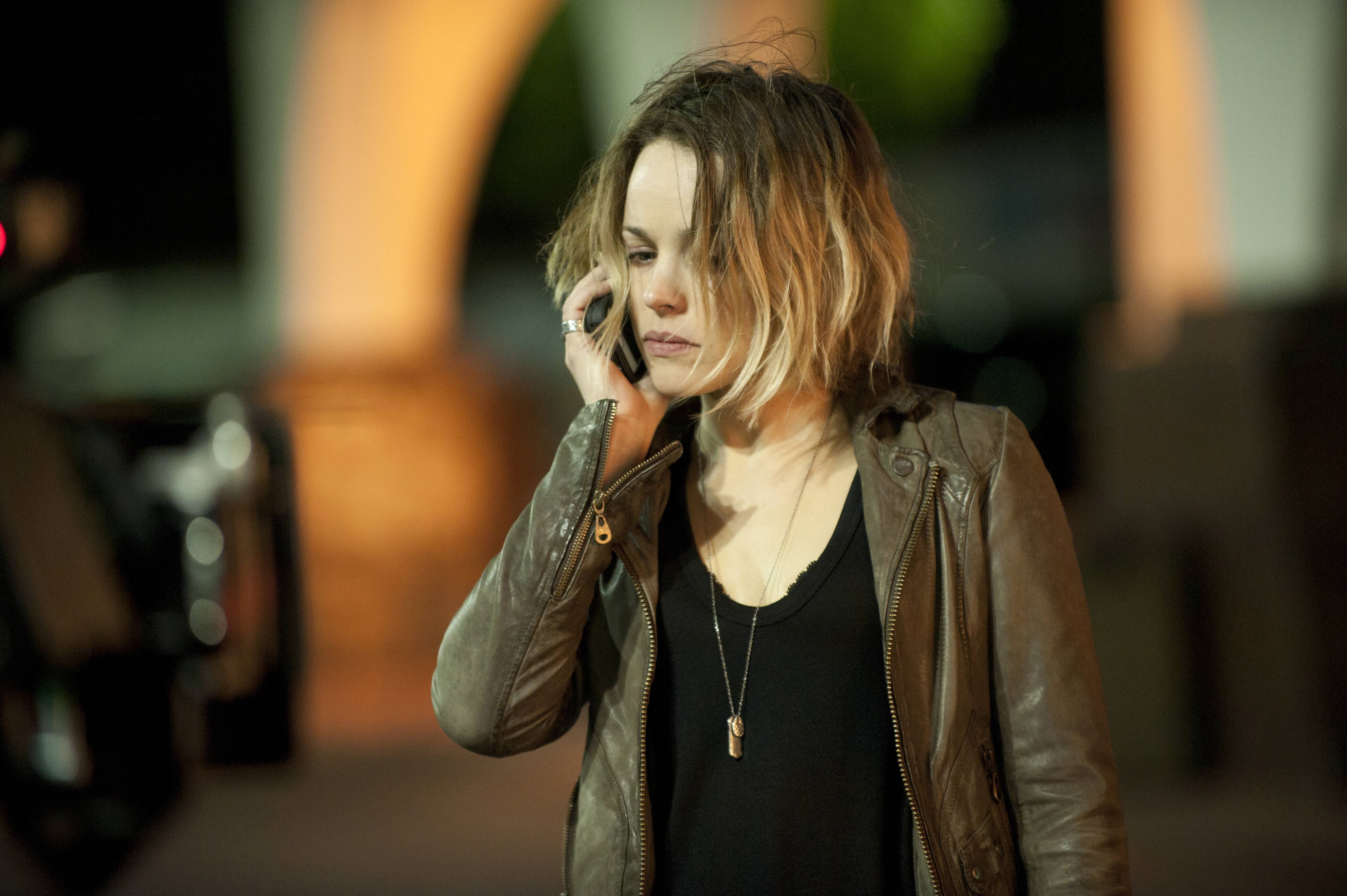In Defense of Liking What You Like: Stop Trying to Make “Hate-Watch” Happen

‘Hate-watching’ is not a real thing.
You’re watching that show because you want to, and the sooner you admit that, the sooner we can all move on.
You shouldn’t have to claim to “hate-watch” a show because extrinsic forces tell you it’s bad and you should be ashamed of yourself for enjoying it. This is not the first day of middle school, where you’re embarrassed by your unicorn Trapper Keeper, so you claim to be using it “as a joke.” Own that unicorn binder, girl.
You can enjoy “bad” TV even if it’s just for the sake of it’s badness, without using this new buzzword to excuse it. Let your bad-TV flag fly—you’ll get no judgment from me.
A few years ago, the term “hate-watch” started making the rounds of pop-culture writers and TV enthusiasts as a justification for watching shows that were widely viewed as “bad.” But bad is an imprecise and subjective term. There are many ways for something to be “bad,” but watching it classifies it as a hate-watch even if it has really great actors, or beautiful set design, or it’s run on a prestige network. It’s murky waters, indeed.
The term hate-watch turned up in the official authority for contemporary pop culture, the Urban Dictionary. The UD suggests that audiences hate-watch a show because they feel pressured to do so as a result of its cultural impact (looking at you, Scandal), “because it’s so well-crafted in its terribleness that the badness itself is noteworthy,” or they just enjoy the self-righteous schadenfreude that happens as they watch.
Hate-watching is a concept dreamed up by critics that suggests there are some shows worth watching merely because of their massive failures. However, in order to hate-watch a show, the show has to be completely unaware of how awful it is. A show, in order to be properly hate-watched, can’t be in on the joke. That’s why shows like ABC’s The Bachelorette and NBC’s The Voice aren’t entirely satisfying hate-watch fodder.
Hate-watching implies that when a viewer sits down to watch a show, the only benefit in the experience is that you get to laugh at it, not with it; the magnitude of the catastrophe is so beautifully painful that it calls us back every week. However, in reality, this is not a synonym for hate—just another way to like something. If you derive any pleasure from something, you shouldn’t have to make excuses for it, or hide behind a label that allows you access to it. It’s not “hate;” it’s really just “like” disguised as derision.
True Detective is among a handful of shows lumped into the category of the hate-watch genre. Critics have turned on it, calling it “an hour of over-sizzled noir angst, played by actors who’d taken leave of their senses, directed into a disconnected pastiche of Lost Generation cliches,” and that the viewing experience is “more collectively endured than privately enjoyed.”
The Newsroom is yet another. Its self-aggrandizing and overly inflated sense of importance make it a prime candidate for the critics’ hate-watch lists. Sure, Aaron Sorkin’s brand of “pretentious condescension” (as The Atlantic put it) grates a little, but so what? We should get to enjoy it without being self-conscious that we do. (It’s worth noting that “hate watching” also isn’t necessarily the same thing as “watching with critical distance.” Plenty of acclaimed shows are still problematic.)
The Vulture podcast devoted an entire episode to the idea of hate-watching, naming True Detective and The Newsroom explicitly. These folks have similar beef with the term, wishing it could be rebranded as “hope-watch.” Matt Zoller Seitz finds the idea of hate-watching “counter-productive,” because there’s just no room in our lives for things that we don’t love outright, and acting embarrassed by what we like is just another way to hide who we are.
This sort of public outcry about the distastefulness of a show makes fans embarrassed to like what we like. This poisons the well of the experience, forcing audiences to hide behind a term that belies our true feelings. This is TV-shaming at its best; there’s no room for personal preference—just an onslaught of critical experts suggesting this show is awful and you can’t legitimately enjoy it without doing so ironically.
I won’t be bullied into sublimating my own preferences because the Twittersphere says what I like is stupid. In fact, if I want to watch True Detective and roll my eyes the whole time, then I do so because that is how I want to experience this show.
Dear Internet,
Stop telling me what I can enjoy and how I should enjoy it. I don’t have to apologize for liking 2 Broke Girls, even though it might be the worst show in the world. I’m allowed to consume garbage, and you’re not allowed to make me feel embarrassed about it.
Let’s stop show-shaming folks and calling it hate-watch when watching reruns of Saved By the Bell is just what I want to do.
There’s no such thing as hate watching—just watching.
Sundi is a freelance writer and critic who blogs about pop culture and how it affects our shared identities. She does a weekly podcast called What’s Making Me Happy about movies and drinking beer. Lower your expectations. She is also an English professor who teaches courses in composition, popular culture, and Southern culture. These subjects sometimes intersect, much to her delight.
Find her on Twitter, Instagram, and Periscope: @sroseholt.
—Please make note of The Mary Sue’s general comment policy.—
Do you follow The Mary Sue on Twitter, Facebook, Tumblr, Pinterest, & Google +?
Have a tip we should know? tips@themarysue.com